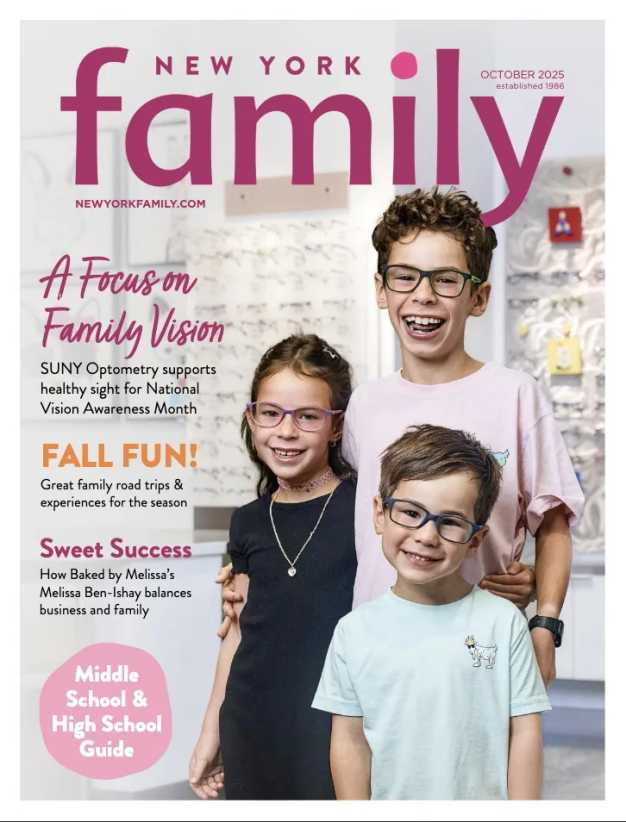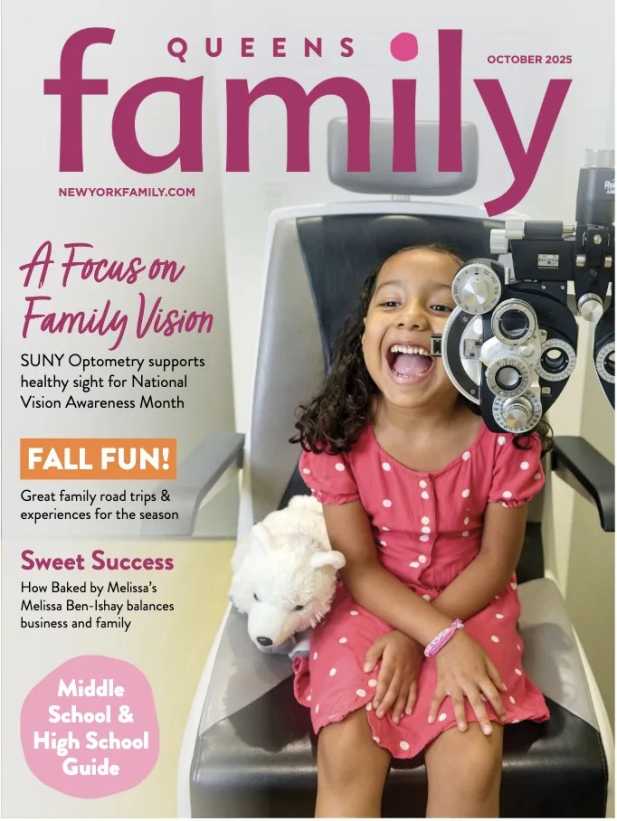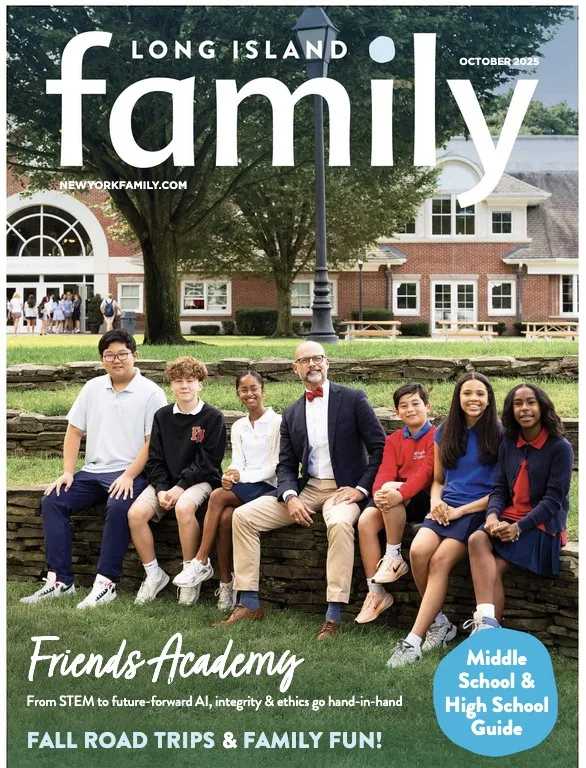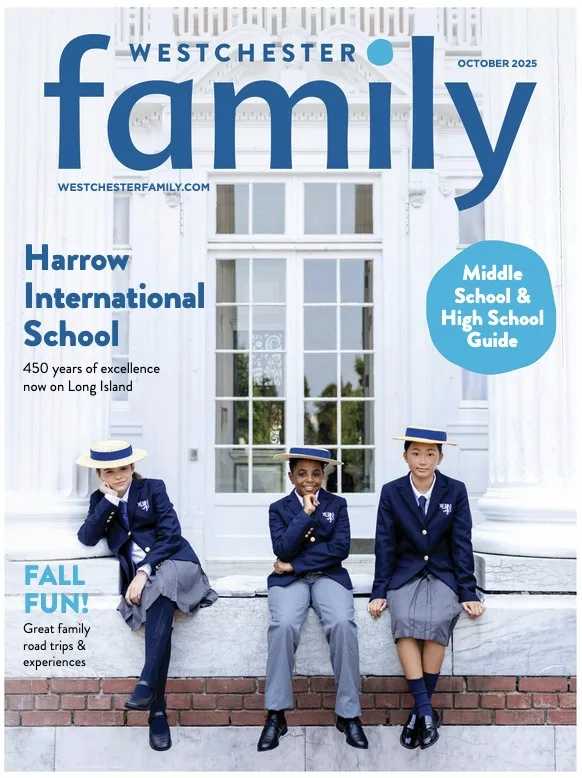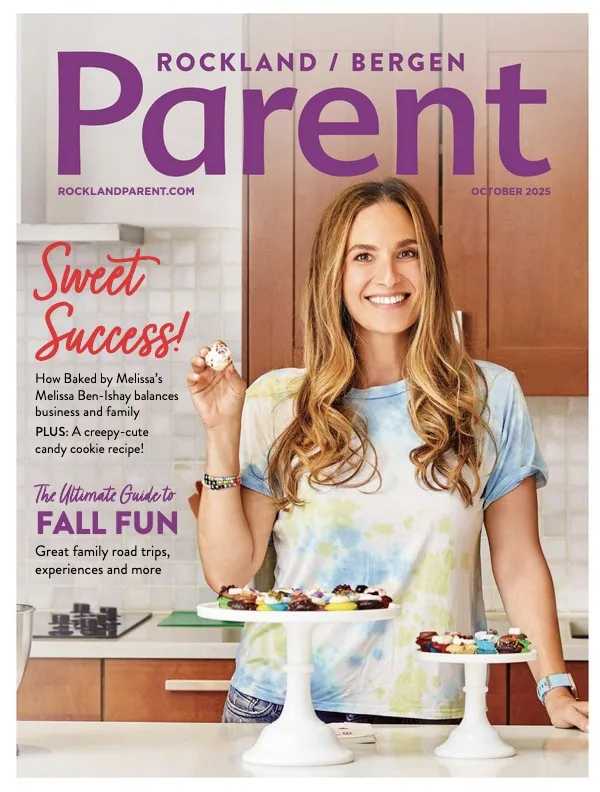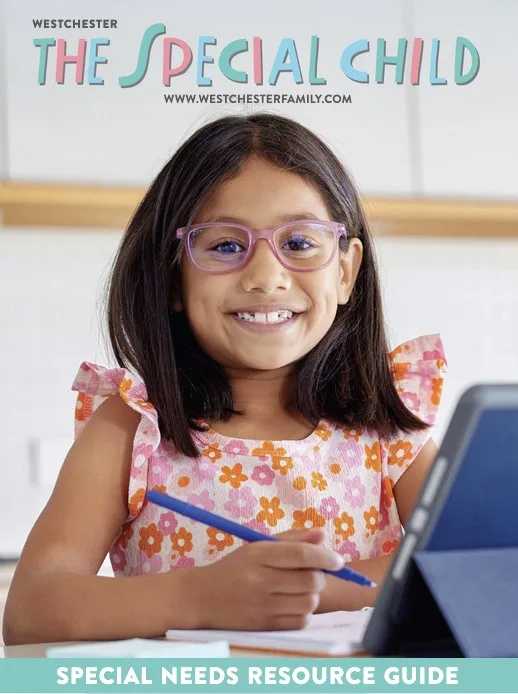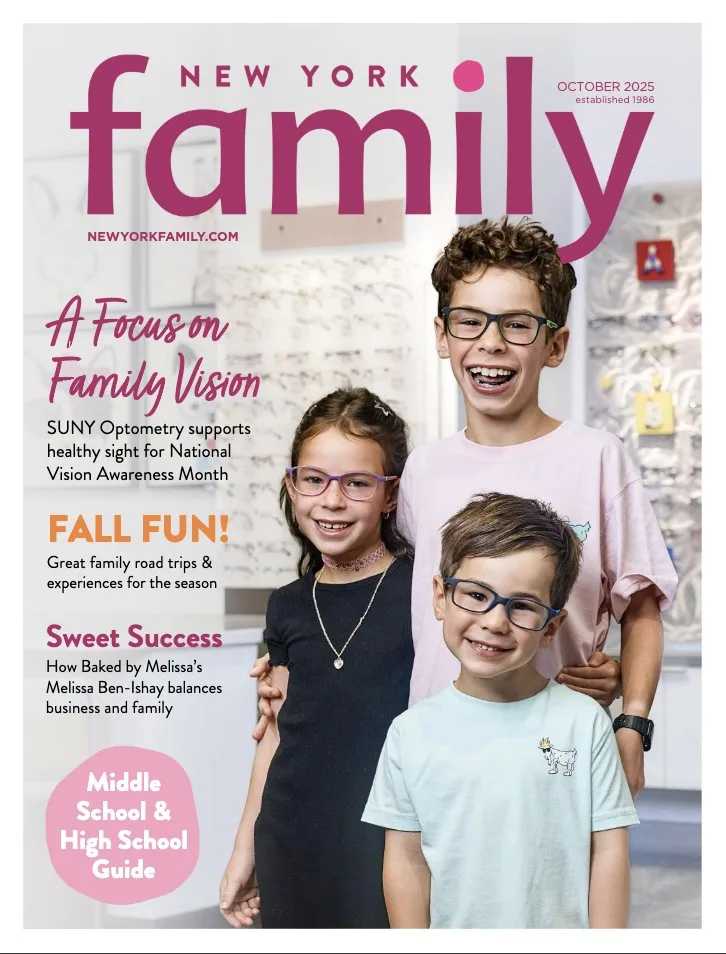Back-to-school season can be an important time for enhancing the quality of a child’s diet. While an abundance of research supports the critical role of good nutrition in brain development and academic achievement, little is said about nutrition and a child’s eyesight.
Do you recall the joke, “Have you ever seen a rabbit wearing glasses?”
Certainly carrots — rich in beta carotene — help promote good vision and healthy eyes.
But rabbits don’t maintain their glasses-less face on a diet of only carrots. There are other delicious, nourishing foods that help maintain healthy eyes both now and over a lifetime.
No surprise, the same diet that helps maintain optimal vision also helps keep the cardiovascular system in tip-top shape. A diet low in saturated fat and rich in fruits, vegetables, and whole grains can keep not only your heart in good shape, but also your peepers.
Consider these tips:
Eat leafy green vegetables
They’re rich in the nutrient lutein. Lutein protects the eye by forming pigments in the macula, which lies in the center of the retina. The pigments help with vision by filtering out harmful blue light wavelengths that can damage the eye.
The best greens are kale, spinach, romaine lettuce, dandelion greens, collards, and turnip greens. If the kids balk at these, throw some baby spinach or kale into a smoothie. They don’t need to consume much; just one teaspoon of green leafy veggies with a bit of fat raise blood lutein levels by almost 90 percent, according to a study in the American Journal of Clinical Nutrition.
‘Process’ your veggies
While you’ve undoubtedly heard that food processing is undesirable, chopping, pureeing, and cooking actually help the body absorb veggies’ nutrients. Cooking them in oil or serving them with fat (think dip or dressing) in the meal also boosts nutrient absorption.
Go fish
People who eat fatty fish — such as salmon, sardines, mackerel, sardines, halibut, or tuna — just once a week have only half the risk of developing age-related macular degeneration compared to those who eat fatty fish less than once a week.
Age-related macular degeneration is the leading cause of adult blindness in the U.S. Fatty fish is rich in DHA, which scientists believe help protect the macula or center of the eye with its antioxidant and anti-inflammatory properties. Having adequate levels of DHA is also linked to preventing dry-eye syndrome.
Seek out vitamin C
A diet high in vitamin C — citrus fruits, kiwi, berries, peaches, bell peppers, and tomatoes — helps eyes function properly. It also reduces the risk of developing age-related macular degeneration down the road.
Eat foods with a
low glycemic index
People who do have the lowest risks of age-related macular degeneration. Food with a lower glycemic index include vegetables, fruits, and whole grains. Many “white foods” such as white bread, mashed white potatoes, white rice, and white flour are higher on the glycemic index scale.
Get zinc
In addition to lean red meat, poultry, and fortified cereal, zinc can be found in legumes of all kinds. These include black-eyed peas, kidney beans, lima beans, and peanuts.
Zinc in an essential trace mineral that’s found in high concentration in the eyes and may help protect them from the damaging effects of light.
Run and play
For every hour kids play outside in natural light with far-away horizons, they reduce their risk of nearsightedness by two percent, according to researchers at the University of Cambridge.
And what about those carrots? Along with sweet potatoes, mangoes, apricots, cantaloupe, and pumpkin, carrots are rich in beta-carotene — a precursor to vitamin A — a nutrient that helps you see in the dark.
Find more healthy vision tips from the National Eye Institute at NEI for Kids, https://nei.nih.gov/kids.
Christine Palumbo is a Naperville-registered dietitian nutritionist. Follow her on Twitter @PalumboRD, Facebook at Christine Palumbo Nutrition, or Chris
